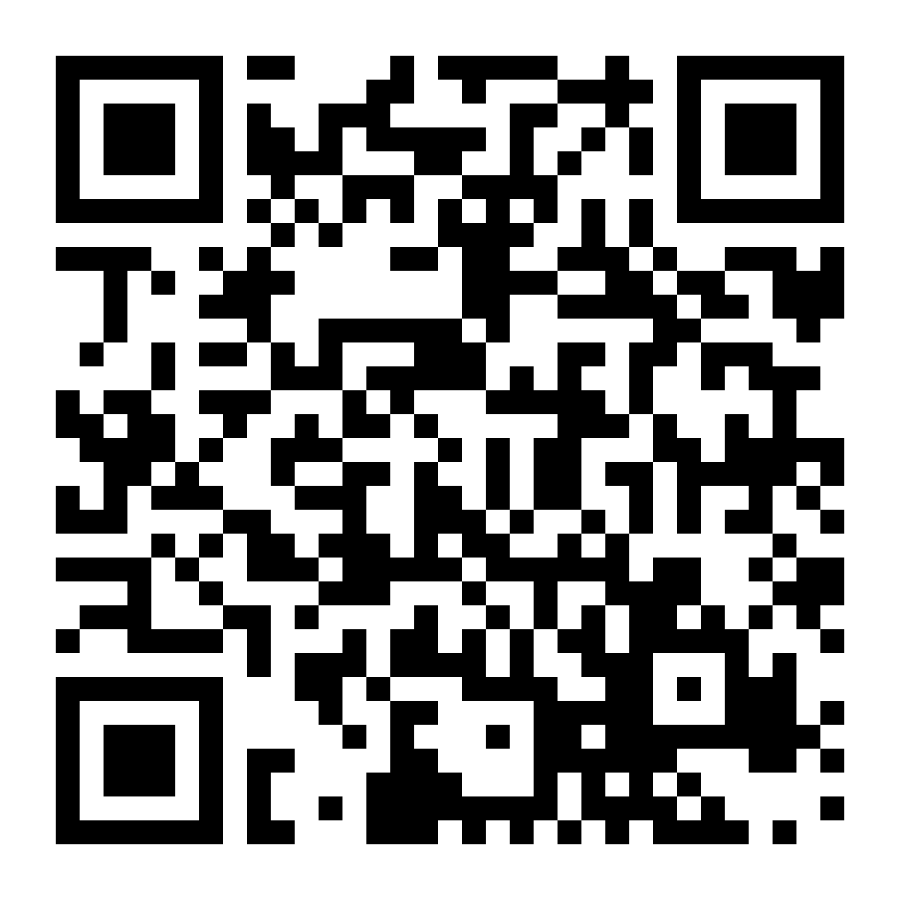USDC vs Naira: Which Is the Better Way to Save?
Ready to start saving but unsure of what to save in? Let's help you figure out what is the better way to preserve your funds between Naira and USDC.

So, you’ve got some extra cash but don’t know where or how to save it without it losing value over time. Well, you’ve come to the right place. Let’s explore the benefits and challenges of saving your spare cash in Naira vs the benefits of saving in stablecoins, like USDC.
Saving in Naira: Familiar but Risky
Benefits:
Easy everyday use: Most shops, schools, bills, and bank accounts in Nigeria work in Naira. It’s super convenient for daily life.
No crypto complexity: You don’t need to learn about wallets, keys, or exchanges; you just save your money in a regular bank account or in a Naira-denominated asset class.
Challenges:
High inflation: The Naira has been losing value over time. That means ₦10,000 today might buy much less next year.
Frequent devaluation: The Central Bank of Nigeria sometimes devalues the Naira, cutting its value compared to strong currencies quickly.
Interest that doesn't keep up: Even if your bank pays interest, inflation often outpaces it; so your savings may shrink in real value.
In short, while saving in Naira is convenient, persistent inflation and exchange-rate drops make your money lose purchasing power over time.
Holding USDC: Digital, Stable, and Global
What is USDC?
USDC is a stablecoin, a type of cryptocurrency pegged 1:1 to the U.S. dollar. It’s held and accepted globally wherever crypto is used.
Benefits of USDC:
Strong backing: Each USDC ideally equals one U.S. dollar, helping your savings retain value.
Global access: You can send, receive, or hold USDC anywhere. This stablecoin is especially helpful for remittances, global workers (freelancers, remote workers, content creators), or international shoppers.
Digital speed & efficiency: Transfers are often faster (and cheaper) than traditional cross-border payments with USDC as this system is powered by the blockchain.
The GENIUS Act: An extra boost for stablecoins
In July 2025, U.S. President Donald Trump signed the GENIUS Act, a major federal law creating a regulatory framework for stablecoins like USDC. Here's what it means:
One-to-one reserve backing: The law requires stablecoin issuers to back each coin with liquid assets like the U.S. dollars or Treasury bills, and to disclose reserve details publicly.
Consumer protection & clarity: It insists stablecoin issuers follow anti-money laundering rules, avoid misleading marketing, and maintain transparency.
Priority in insolvency: If a stablecoin issuer goes bankrupt, holders are the first to get claims on reserve assets, providing an extra safety net.
In short, the GENIUS Act strengthens the trustworthiness of USDC by requiring responsible reserves, oversight, and legal clarity.
Quick Comparison Table
| Feature | Saving in Naira | Saving in USDC |
| Value stability | Prone to inflation and devaluation | Pegged to USD, stable against devaluation |
| Convenience | Widely accepted locally | Great for international use while travelling or shopping online. |
| Regulation | Traditional banking system | Now covered under U.S. GENIUS Act, providing more regulatory clarity. |
| Transparency | Varies by bank | Legally required to disclose reserves under GENIUS Act |
| Risk protection | Subject to inflation and policy shifts | GENIUS Act gives users priority claims in cases of insolvency |
Final Thoughts
For everyday needs in Nigeria (groceries, rent, schools), Naira is still your go-to—it’s convenient and familiar.
For preserving value in the face of inflation or devaluation, or especially if you deal internationally, USDC can be a smart choice—especially now with legal safeguards from the GENIUS Act that make it more trustworthy and transparent.
Want to protect your income from inflation and Naira devaluation? You can start saving your funds on Cenoa using USDC and earn 5% interest per annum on your balance without having to lock your funds. Download the Cenoa app here to get started.
